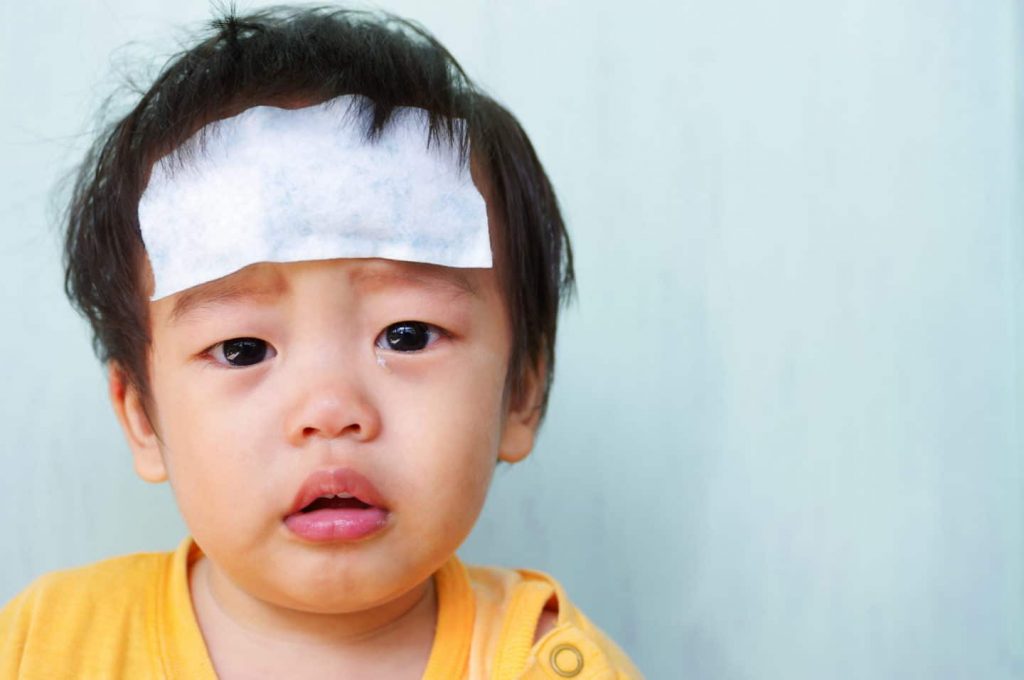What is Roseola?
Roseola, or roseola infantum, is a very common, mild viral infection that generally affects children aged 6 months to 3 years. 86% of children will have had roseola by the age of 1. It does not require treatment and diagnosis is usually based on the characteristic history and physical examination.
What are the symptoms?
The classic infection starts with a sudden high fever, often 40C or higher and can last 3-5 days. Some children may also have upper respiratory tract symptoms such as runny nose, sore throat and cough. The rash usually appears as the fever subsides. It is a raised and red rash that starts on the body and spread to arms and legs. It is seldom seen on the face. The rash generally lasts for 1-2 days and then resolves spontaneously. Some children will experience the high fever but do not get the rash. It is rare to get the rash without the preceding fever. In other children it may be so mild that the infection goes unnoticed. There is a risk of febrile convulsions in a small number of children due to the high fever.
Is Roseola contagious?
Roseola is contagious, meaning it can spread from one person to another. It is spread through tiny drops of fluids that are expelled when the infected person talks, laughs, coughs or sneezes. If other people breathe in the drops they can become infected as well. The infection is spread before symptoms of the illness are apparent. Once the child has a fever and/or rash they are no longer contagious. Children usually become sick 8-10 days after being exposed. There is no known way to prevent the spread and there is no vaccine available. Once children have had the infection, immunity is usually life long so it is rarely seen in adults.
Can it be treated?
Most of the time it does not require any treatment. Paracetamol or ibuprofen may be used to control the fever if children seem uncomfortable or irritable. Children should be encouraged to drink lots of water to keep them well hydrated. No treatment is required for the rash as it does not itch or hurt and resolves spontaneously. Antibiotics are of no use as it is caused by a virus.
It is important to see your doctor if your child is lethargic, will not drink, they have a febrile convulsion or you are concerned.

Dr Kaye McMullan is a graduate from The University of Western Australia. She is based at IMC Katong and has a special interest in Children’s Health, Chronic Disease Management, Contraception & Family Planning.
If you would like an appointment please call: 6342 4440 or book online: https://www.imc-healthcare.com/appointments/


































